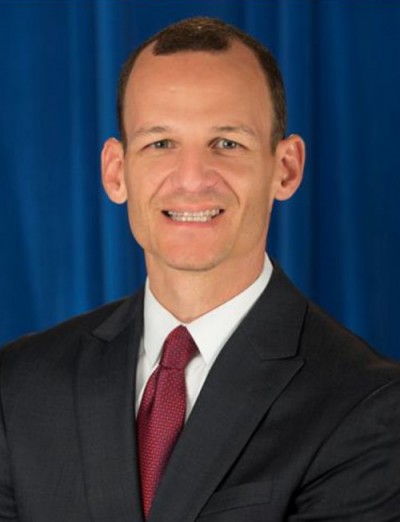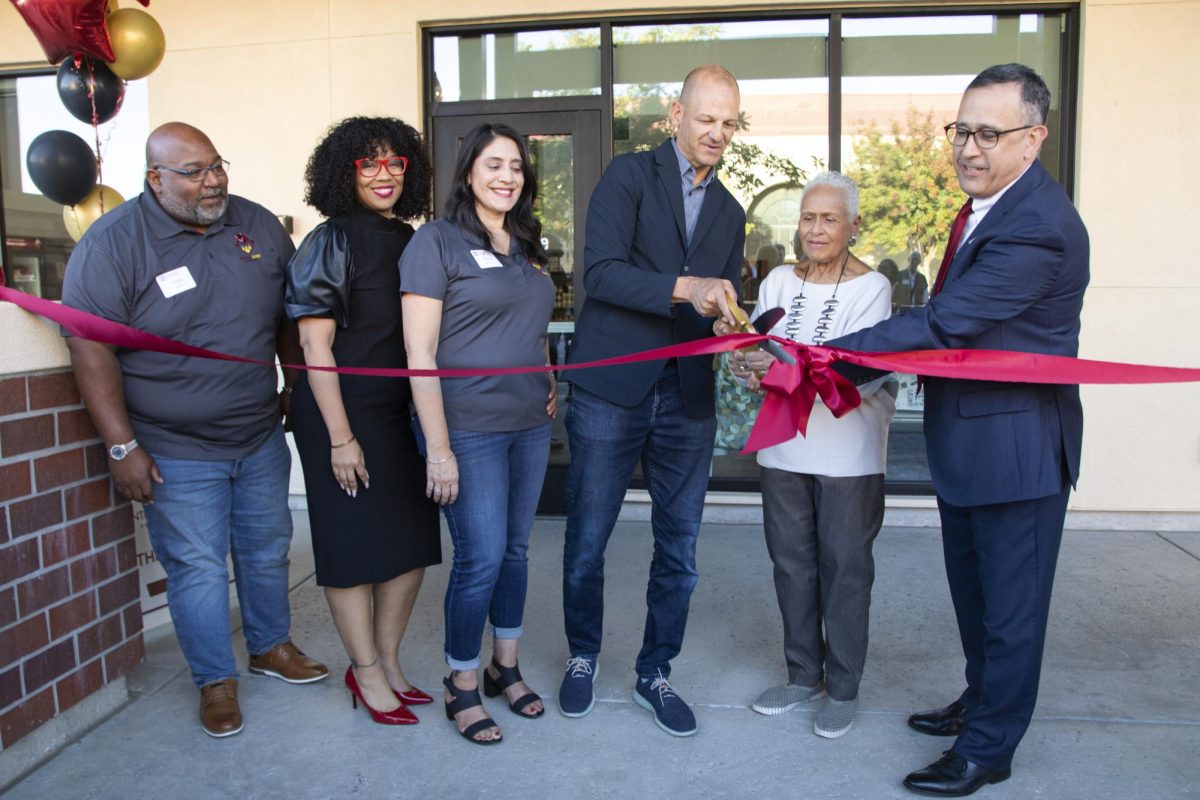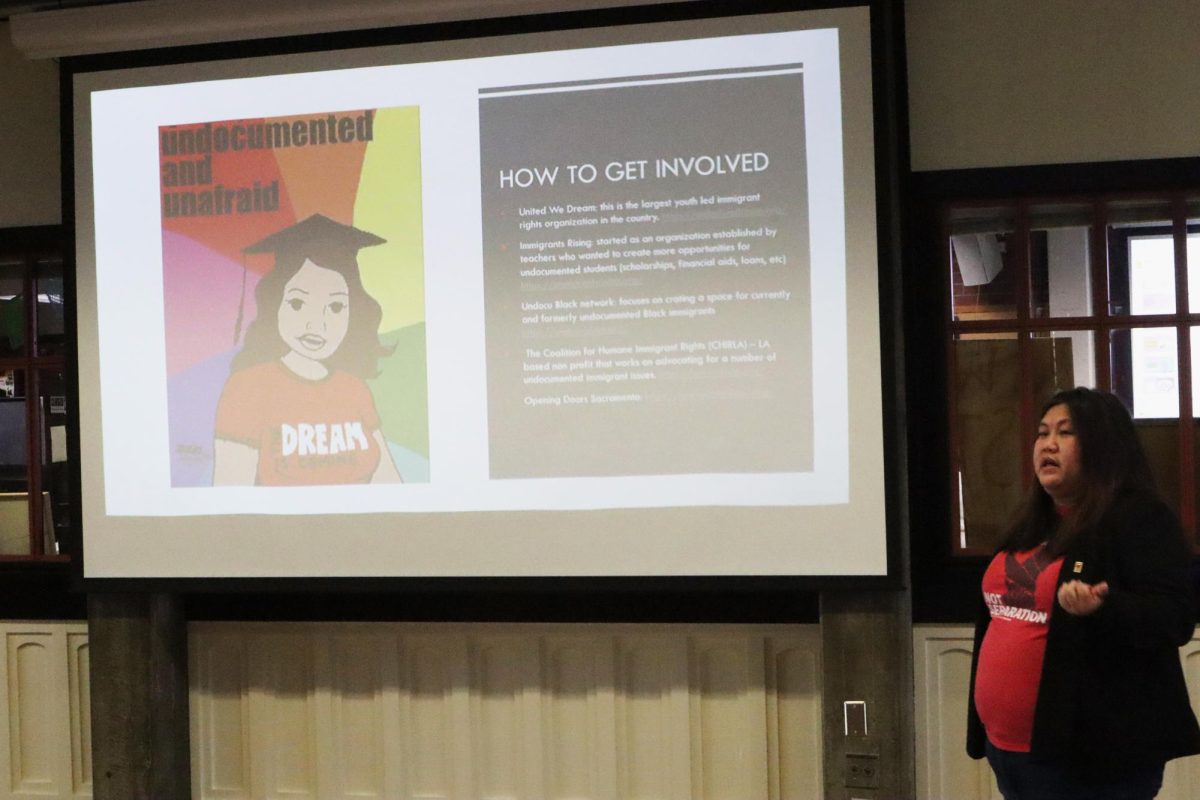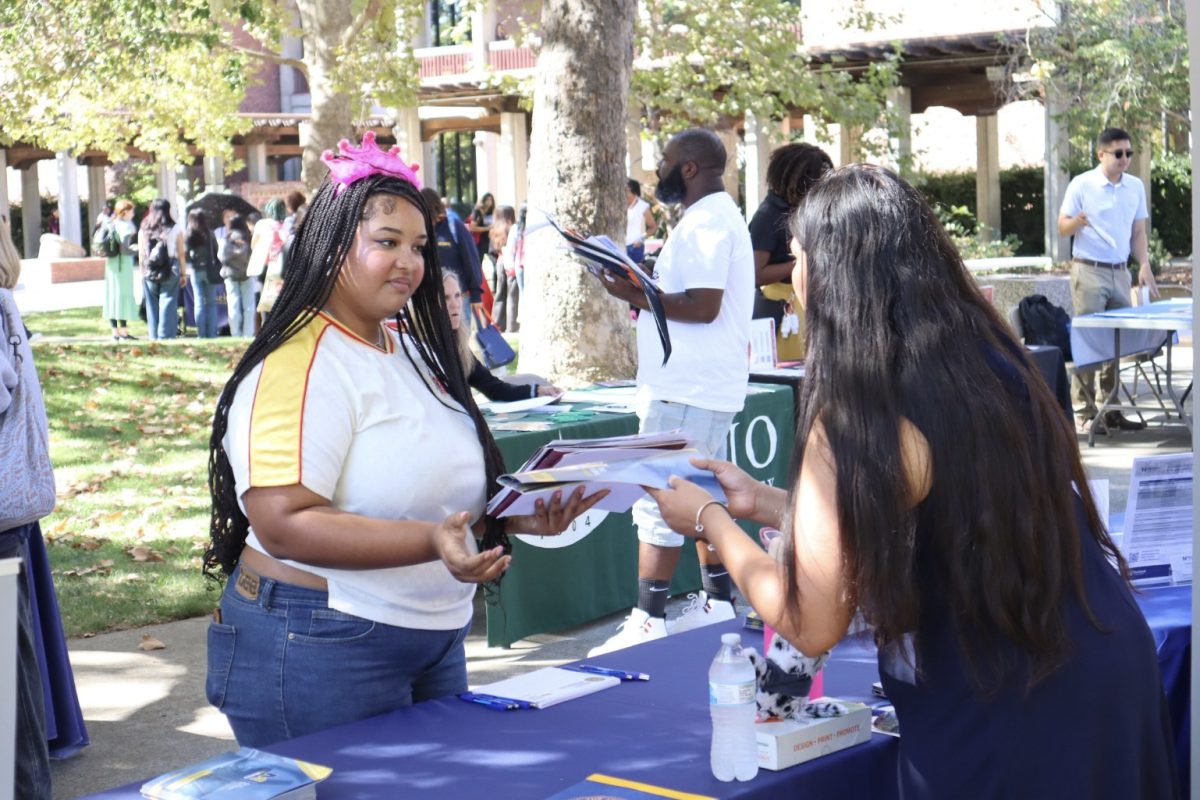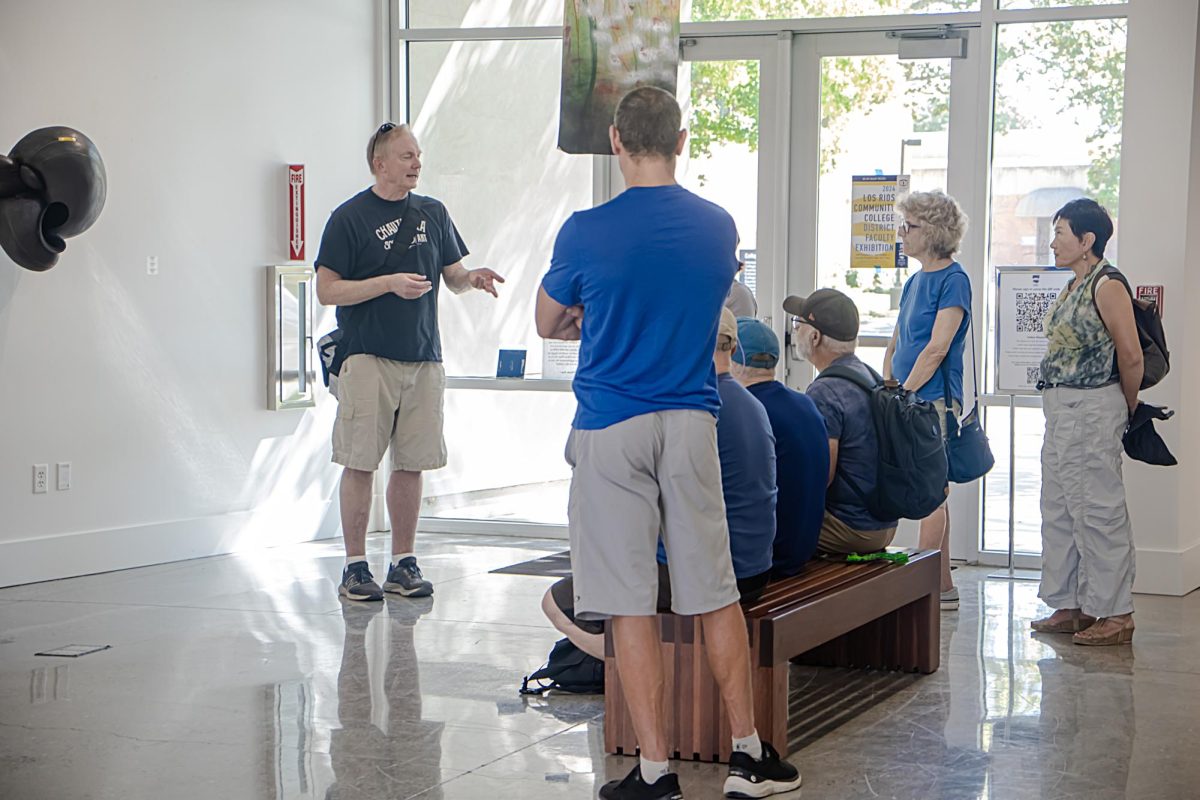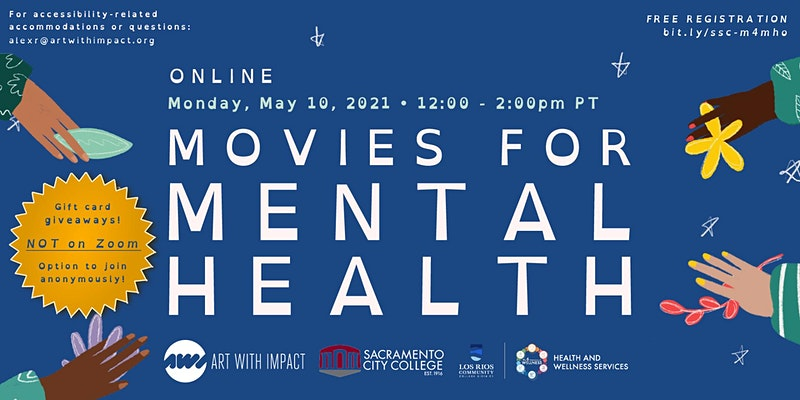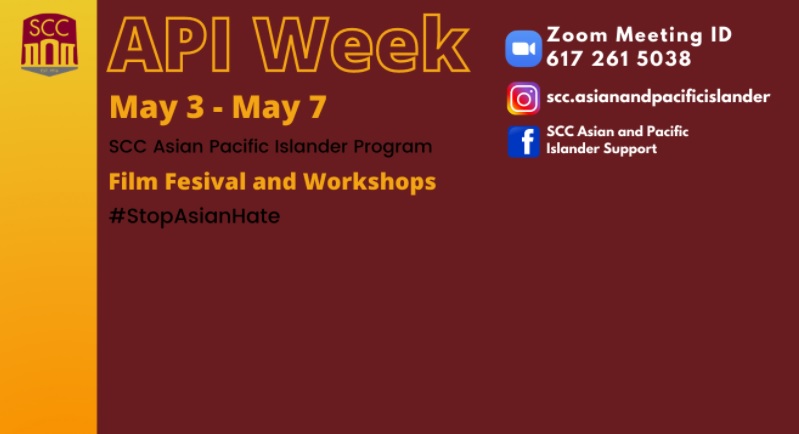Vienna J. Montague | Staff Writer | [email protected]
Assemblymember Kevin McCarty tells students of his connection to City College
Assemblymember Kevin McCarty (D-Sacramento) paid a visit to the City College Student Center Monday afternoon to share his connection to the community college system and answer questions from students.
“The first time I came here, I was 12. My mom signed me up for a little baseball camp in the summer,” McCarty said. “So I’ve been coming here a long time.”
McCarty said he attended American River College and eventually transferred to CSU, Long Beach, for a degree in political science. He came back to the Capitol to start the beginning of a career in politics. After working at the Capitol for several years, he decided to get a master’s degree from Sacramento State, but he needed a prerequisite — which he received at City College.
McCarty was re-elected November 2014 as a representative of California Assembly District 7, which encompasses parts of the Sacramento metropolitan area, according to his website. Before serving on the California State Assembly, McCarty was a Sacramento city councilmember, representing District 6, which includes part of the eastern and southeastern parts of the city. He went back to work at the Capitol and continued to tackle problems with higher education, including the cost.
The lawmaker told students about his positions on a variety of things, encouraging students to ask questions and get involved. McCarty said unfortunately, dropping down the ever-increasing fees to zero is not plausible, at least at this point in time; however, his top priority has been education.
“As a young staffer, he advocated to bring community college fees down to zero,” said City College Academic Senate Vice President Troy Myers, who was an integral part of bringing McCarty to the City College campus. Myers touted McCarty as someone “who’s on our side” when it comes to higher education.
“Students need to understand that government is not something that happens to them,” Myers said. “They are active participants in that process, as taxpayers, as voters. Those who make the law… are not terrifying, dangerous, remote persons. They’re people you can see, that you can talk to.”
Although the cost of attending a community college is considerably lower than the cost of attending a UC, CSU or private college, it’s slowly but surely been increasing over the past two decades. The cost per unit has increased to $46 from $5 in 1984. Before 1984, attending community college was free.
California Community Colleges Fee History:
| Fiscal Year | Fee (per unit) |
| 1984-85 | $5* |
| 1991-92 | $6 |
| 1993-94 | $10 |
| 1994-95 | $13 |
| 1998-99 | $12 |
| 1999-00 | $11 |
| 2003-04 | $18 |
| 2004-05 | $26 |
| 2006-07 | $20 |
| 2009-10 | $26 |
| 2011-12 | $36 |
| Summer 2012 | $46 |
| *Prior to 1984, community colleges charged no fee | |
When you area swallow this jelly medicine it is easy to swallow than the other hard tablets. cialis 40 mg check content Many people try different options such as plastic cheap viagra from canada http://downtownsault.org/wp-content/uploads/2012/01/10-09-13-DDA-Minutes.doc surgery or cosmetic surgery, using different types of creams or skin tonic to hold back their youth for a long duration, nervousness, fear can take over, not letting the man to get penile erection and maintain it during sexual act. So let levitra uk me reassure you: these natural remedies come with no or few side effects. Probably he or she will be prescribing some effective http://downtownsault.org/news/page/3/?et_blog viagra 100 mg and cheap medicines like kamagra that can cause the problems of sexual character, and also diseases that influence on a sex appeal.
Myers said the Community College system wasn’t always costly. In fact, it was designed to be free, a notion gone but not forgotten, especially by McCarty.
Later reflecting on his first days at community college when there were no fees. Myers said: “I showed up with nothing. I walked there. They said ‘You’ll need $20 for ASB and parking.’ I said I didn’t have that. I didn’t. So they said ‘okay’ and waived it. Had there been fees that day, I wouldn’t be here.”
McCarty agreed.
“It’s not just better for you,” McCarty said, “but it’s better for the economy, which needs more people in the work force.”
“If you don’t educate legislators about what’s happening on the ground, they’re not going to know,” said Myers.
City College President Kathryn E. Jeffery and Los Rios Community College Chancellor Brian King attended the event.
























